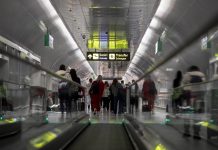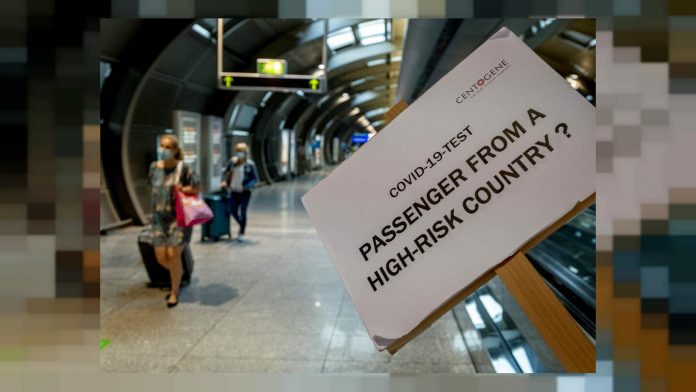Germany has declared certain areas of Romania including the capital Bucharest as risk areas after an increase in Covid-19 cases, as Europe struggles to contain a rise in cases during the summer season.
Bucharest and ten other Romanian counties and travelers coming from those areas will face mandatory coronavirus tests, Romania’s the foreign ministry said.
In a related issue, Hubertus Heil, Germany’s Federal Minister of Labor and Social Affairs, postponed his visit to Romania on Thursday due to the pandemic. Instead, he will have a video meeting with Labor Minister Violeta Alexandru.
Germany declared Bacău, Brăila, Braşov, Dâmboviţa, Galaţi, Gorj, Ilfov, Prahova, Vaslui and Vrancea high-risk areas on August 12.
Germany’s foreign ministry also issued a warning on August 7 against traveling to the Romanian regions of Arges, Bihor, Buzau, Neamt, Ialomita, Mehedinti and Timis as well as to three regions in Bulgaria.
Travelers entering Germany from those areas of Romania and Bulgaria face mandatory coronavirus tests. If they test positive, they will then face a two-week quarantine.
Romania’s foreign ministry said arrivals from a risk area either need to show a negative Covid-19 test, carried out at most 48 hours before their arrival, or get a free test within a maximum of 72 hours of their arrival to Germany.
Testing in Germany can be done at the airport, at the family doctor, or the local health authorities. Travelers who fail to comply with the rule face fines of up to 25,000 euros.
Romania, Bulgaria and most other countries in southeast Europe including Greece have so far reported relatively low numbers of Covid-19 infections compared to western Europe, but there has been an uptick during the summer season.
Germany has fared better than other large European countries.
As of Aug. 12, Romania had reported 65,177 cases of novel coronavirus and 2,807 deaths.
If the test is carried out in Germany, travelers need to self-isolate until they receive a negative test result. The measure does not apply to those who show a negative Covid-19 test carried out at the most 48 hours before arriving in Germany, the foreign ministry said.
People transiting Germany aren’t subject to the requirements but are told to avoid close contact with other people and comply protection measures such as wearing a mask and social distancing. Short stops to buy food and fuel are allowed.
Germany has designated about 130 countries as high-risk, including Turkey, Egypt and the United States.



















